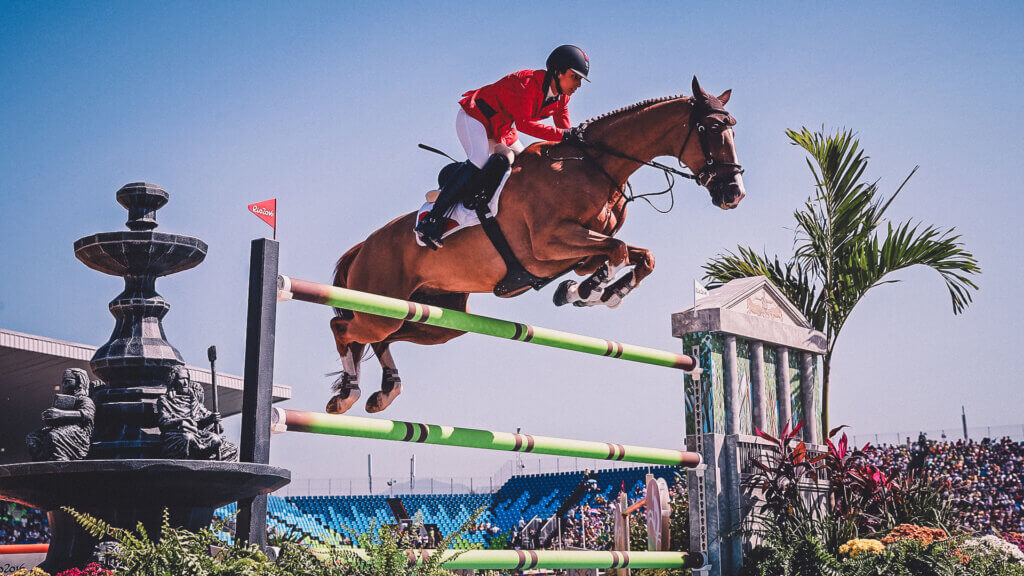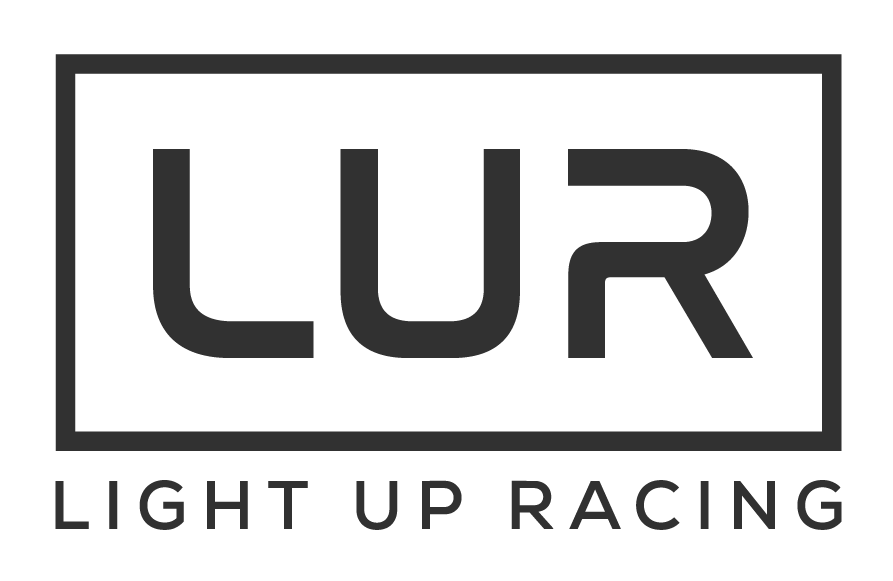Mucha Mkono, Aaron Tham, Karen Hughes & Stella Echentille (2023) Horse racing and the growth of hashtag activism, Leisure Studies. Link to full article here.
ABSTRACT
The Melbourne Cup is Australia’s pinnacle horse racing event, attracting more than 80,000 physical attendees each year (pre-COVID-19), as well as numerous others watching via live broadcasts around the country and overseas. In recent times, however, there have been growing calls to boycott the event, following concerns over the treatment of horses. New hashtag movements lobbying against horse racing have also emerged, aided by the affordances of social media. However, very little attention has been paid to these digital movements in the animal-based leisure and recreation literature. In this study, we investigate one such growing movement, namely, #Nuptothecup. We explore how horse racing is framed by digital activists, revealing their moral, socio-cultural, and political objections. Our findings suggest a societal shift towards a strong animal ethics sentiment combined with a more generalised disdain towards the racing industry and its wider societal ramifications. We argue that if #Nuptothecup and related activisms continue to gain momentum, the Cup may eventually lose its social licence to operate. Further, we consider potential opportunities for managers to reinvent horse racing’s image and practices, if it is to secure its survival as an Australian recreational institution.
summary
The article “Horse Racing and the Growth of Hashtag Activism” by Mucha Mkono, Aaron Tham, Karen Hughes, and Stella Echentille, published in Leisure Studies, investigates the burgeoning movement against horse racing, particularly focusing on the Melbourne Cup in Australia. This event, known for its massive attendance and significant gambling activity, has faced increasing criticism due to concerns over the treatment of horses, leading to the rise of digital activism movements like #Nuptothecup. These movements challenge the ethicality of horse racing, citing moral, socio-cultural, and political issues, including the mistreatment and deaths of horses, the industry’s association with gambling, and its societal implications.
The study reveals a shift in societal attitudes toward animal ethics, with digital activism playing a crucial role in shaping public discourse. The authors argue that if movements like #Nuptothecup continue to gain momentum, they could jeopardize the social license of horse racing events like the Melbourne Cup. They suggest that the industry needs to address these ethical concerns and reconsider its practices and image to maintain its status as an Australian recreational institution.
Moral Objections
- Deaths and Mistreatment of Horses: A significant concern, with 87% of tweets highlighting the unethical treatment and fatalities of racehorses. The paper mentions the emotional response to the death of Anthony Van Dyck during the 2020 Melbourne Cup as a focal point of criticism.
- Whipping Practices: Criticized for being inhumane, with instances such as Kerrin McEvoy’s fine for excessive whipping serving as examples of the industry’s cruelty.
- Treatment of Ex-Racehorses: The fate of horses post-racing, including being sent to knackeries and slaughterhouses, was a major concern, pointing to systemic issues within the industry.
Socio-Cultural Objections
- Association with Greed and Excess: The industry is criticized for embodying greed and excess, with gambling being a particularly contentious issue.
- Negative Social Impact: Allegations of illegal activities, doping, and connections to alcohol-fueled violence were highlighted, painting the industry in a negative light.
- Cultural Critique: Criticisms extended to the cultural aspects of the event, including the portrayal of glitz and glamour juxtaposed against the less savory aftermath of race events.
Political Objections
- Criticism of Political and Celebrity Support: Politicians and celebrities associated with the event were called out for their support, suggesting a disconnect between their public personas and the ethical considerations of the event.
- Government Funding and Support: The government’s financial support of the industry was questioned, with calls for a reevaluation of public funding and its ethical implications.
General Findings
- The study highlights a growing societal shift towards animal ethics and a critical stance on the horse racing industry’s practices and societal impact.
- #Nuptothecup and similar movements are portrayed as significant forces potentially capable of challenging the Melbourne Cup’s social license to operate.
- The findings suggest opportunities for the industry to reform, focusing on animal welfare and ethical practices to secure its future viability.
- The paper concludes that the horse racing industry, particularly events like the Melbourne Cup, faces significant challenges from digital activism, societal changes in attitudes towards animal welfare, and the potential for future restrictions or transformations based on ethical considerations.



